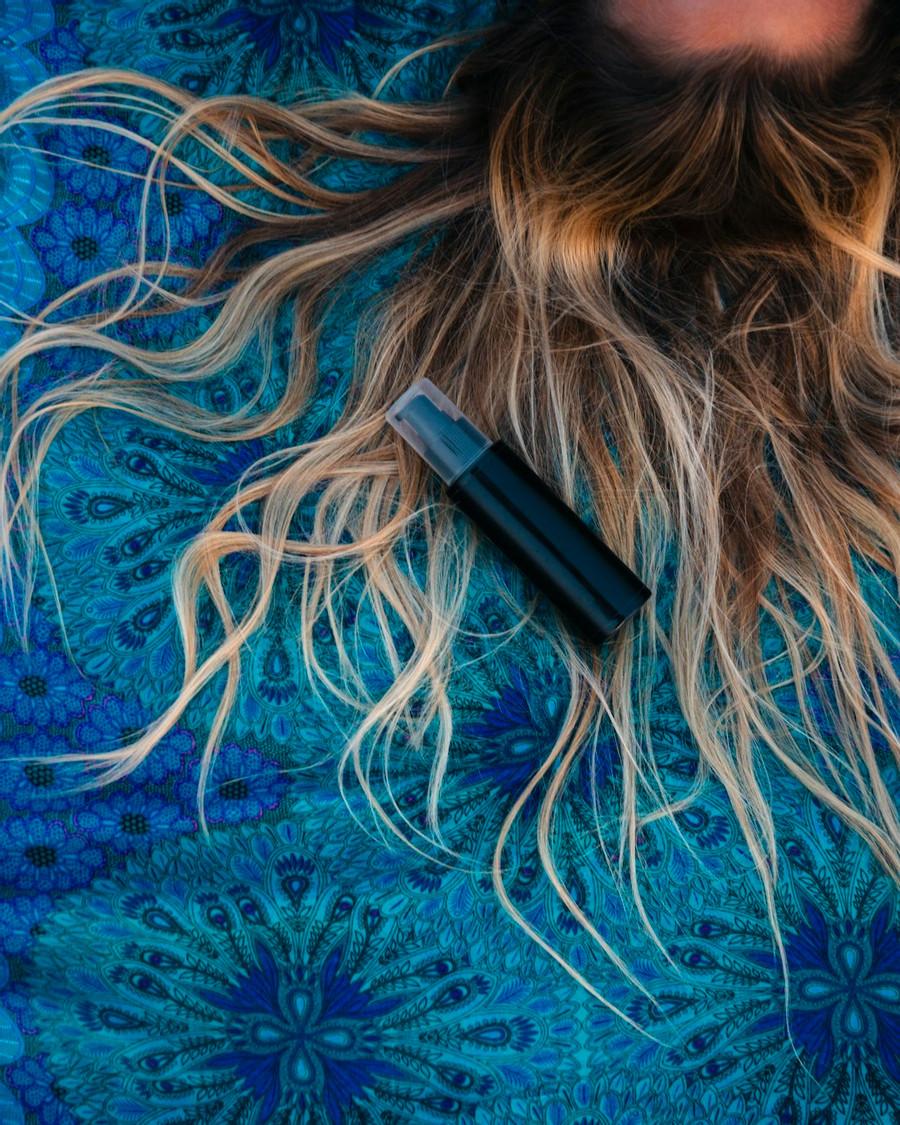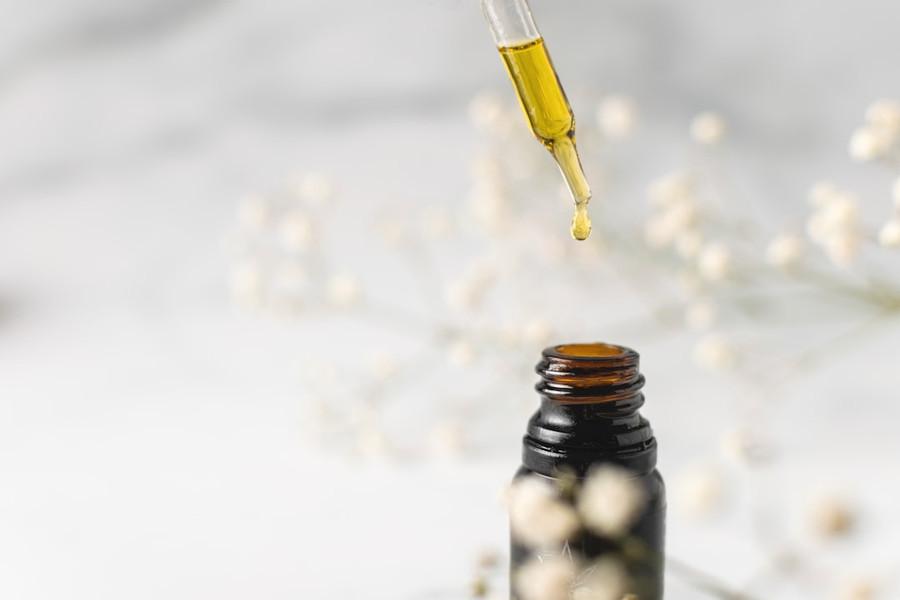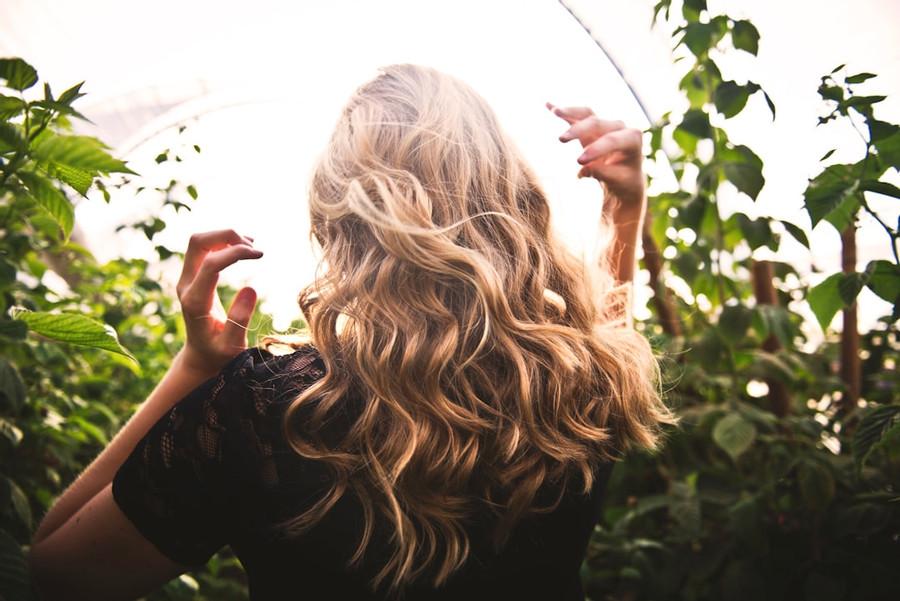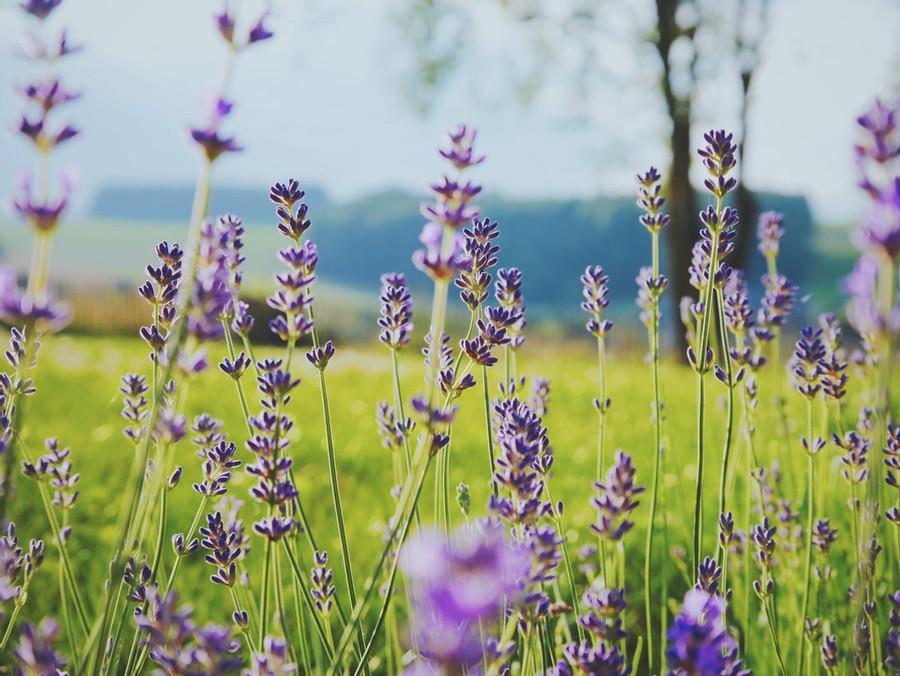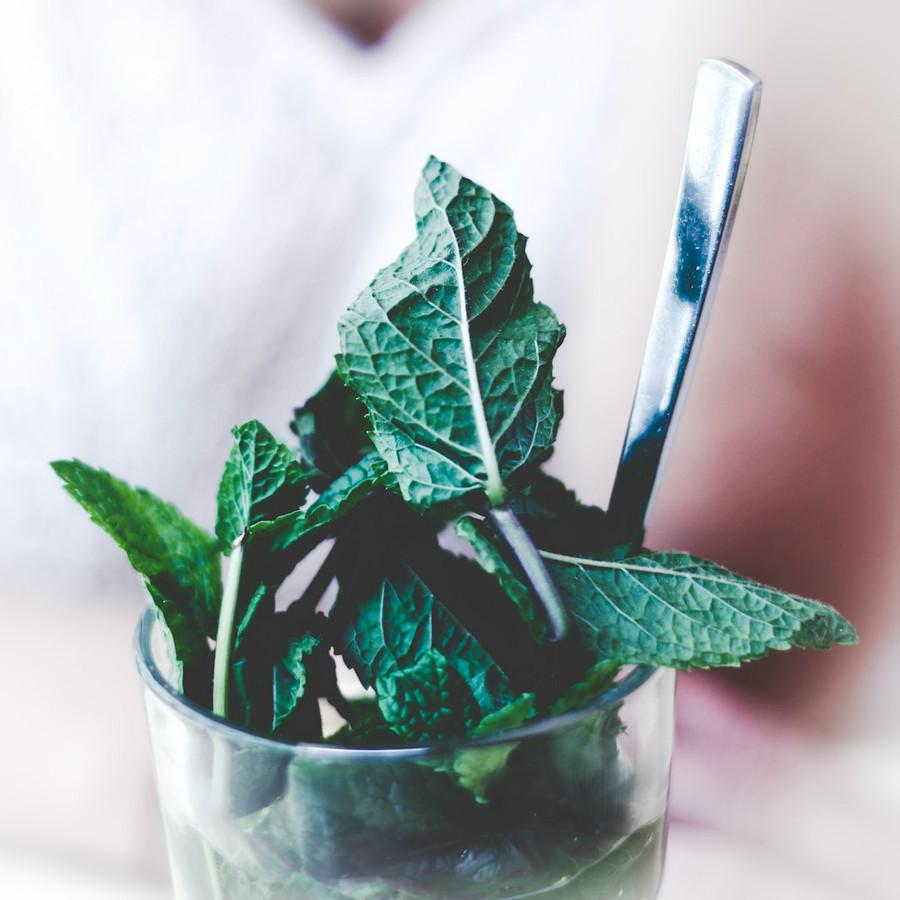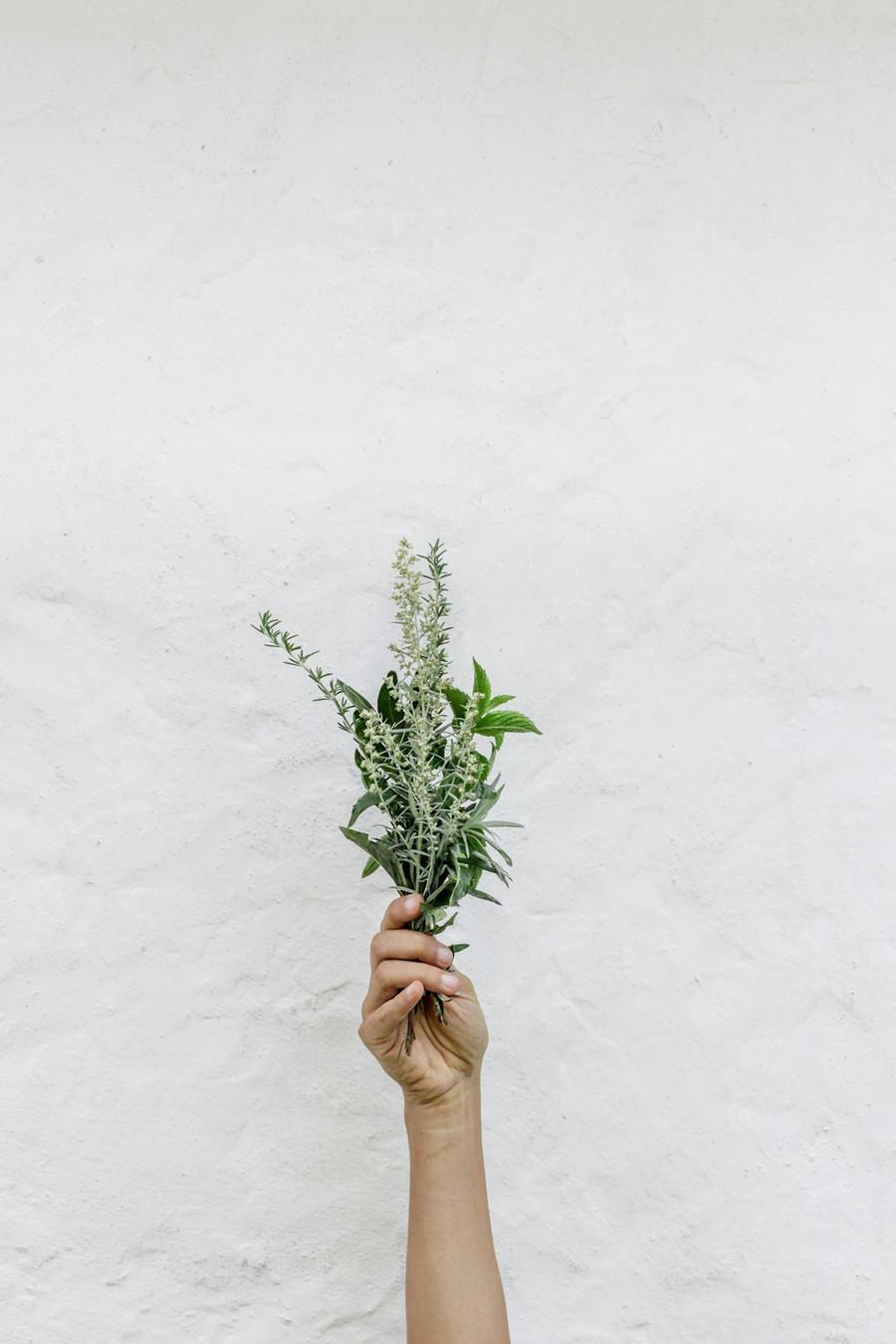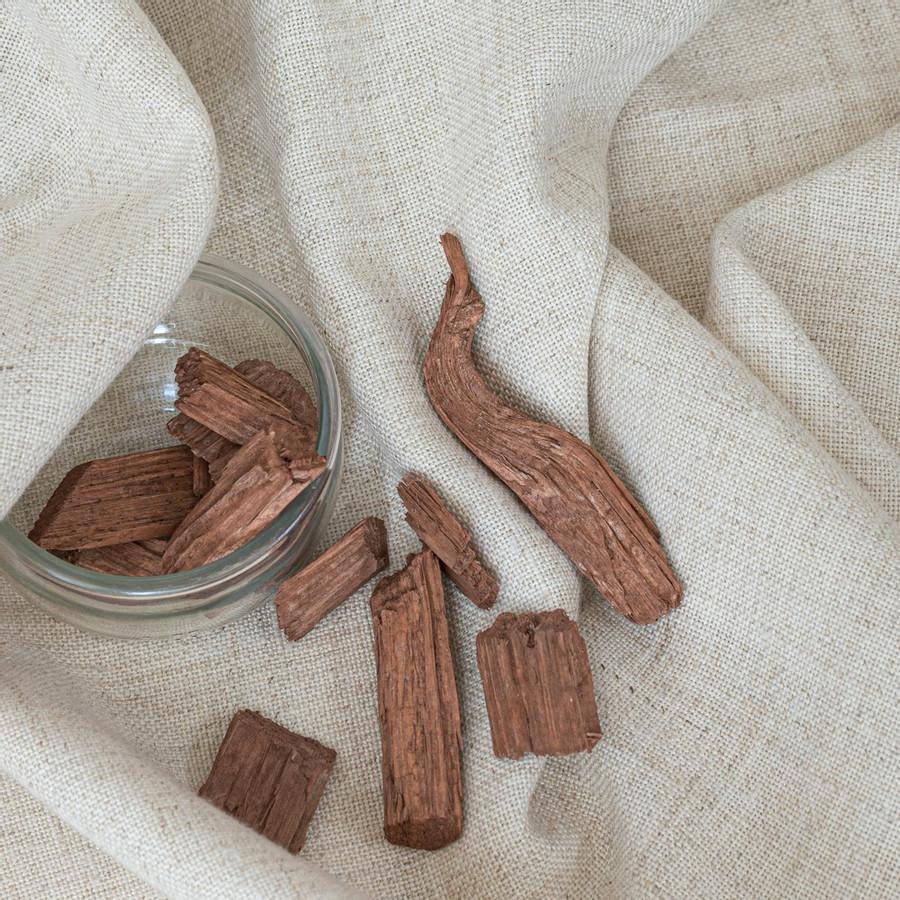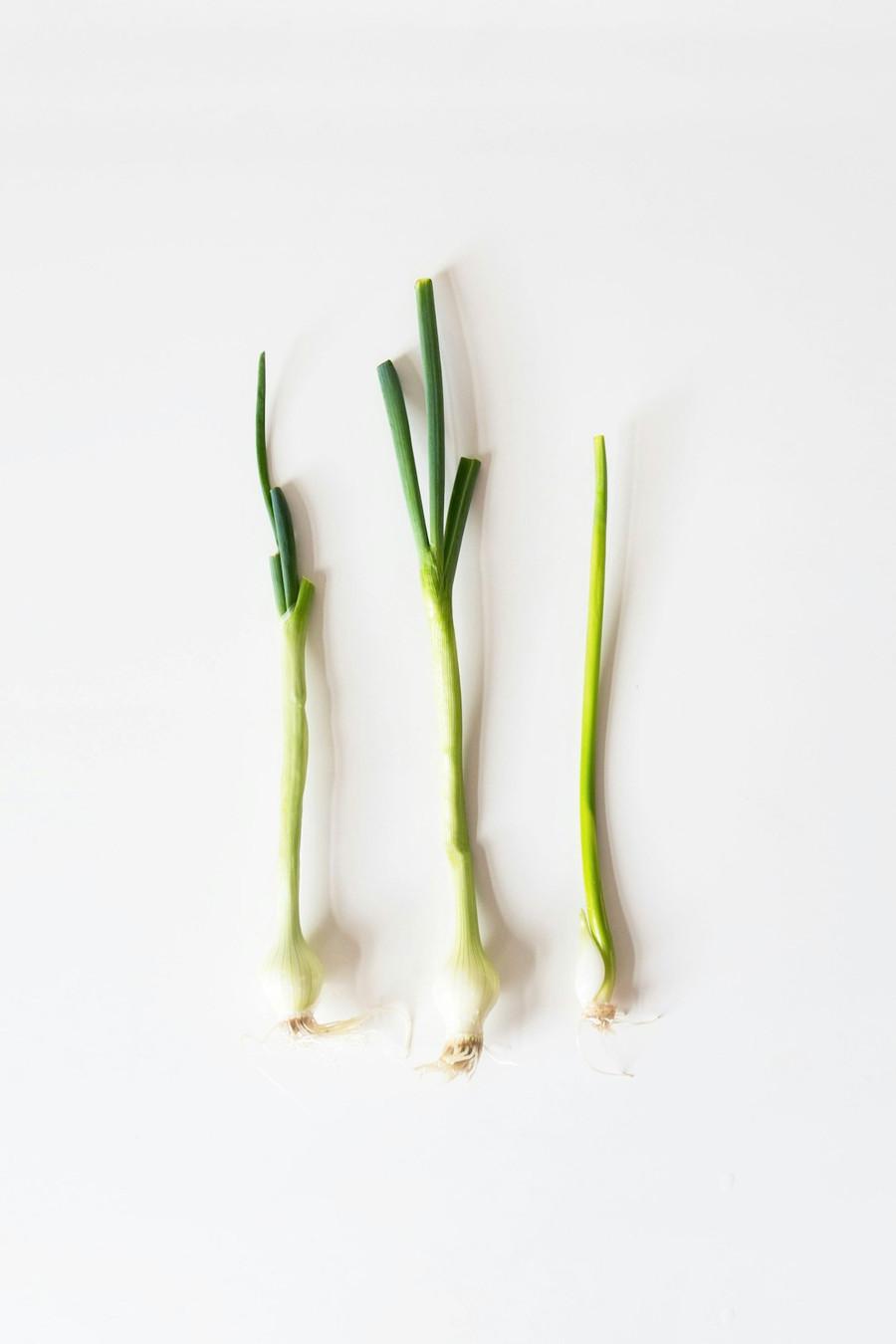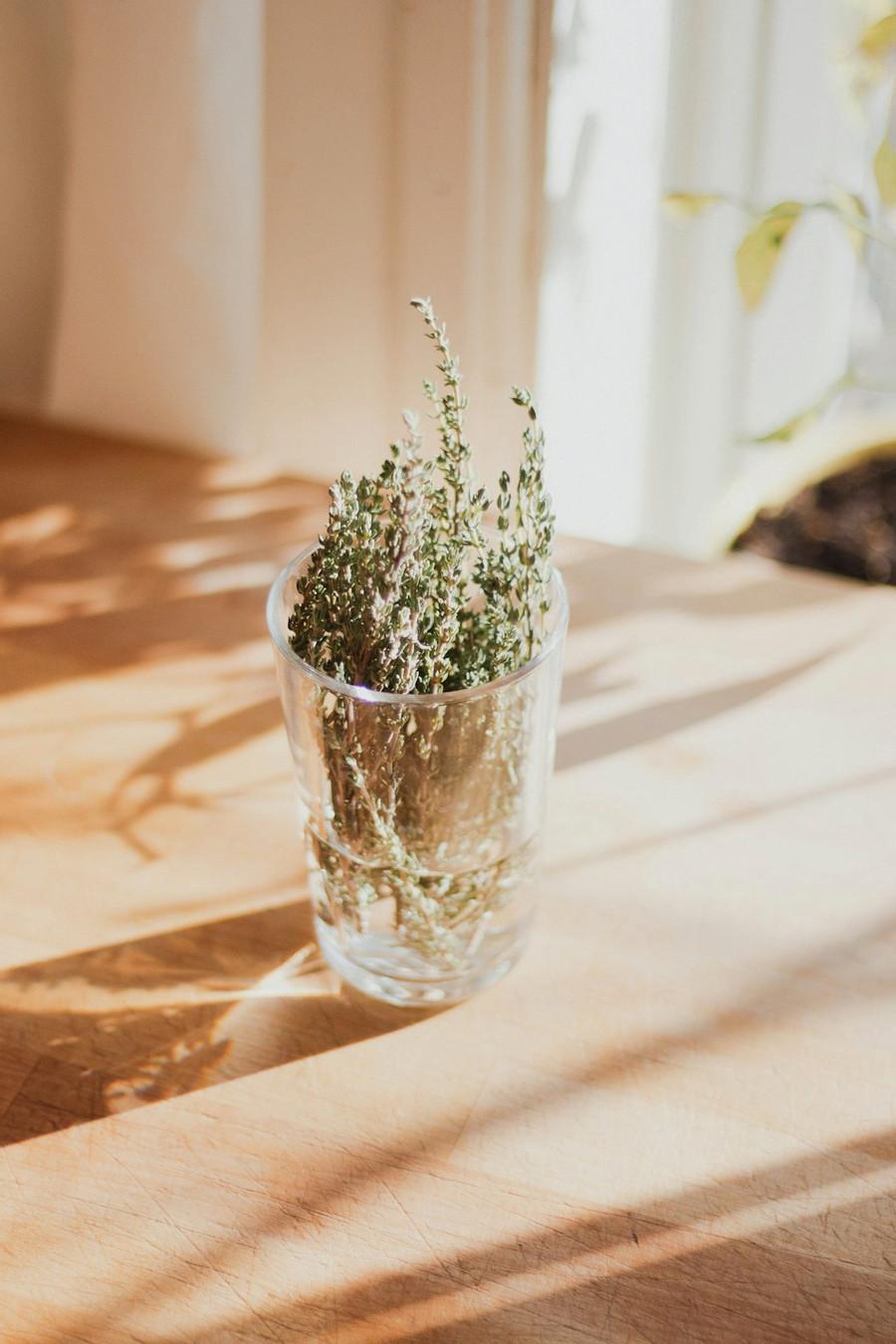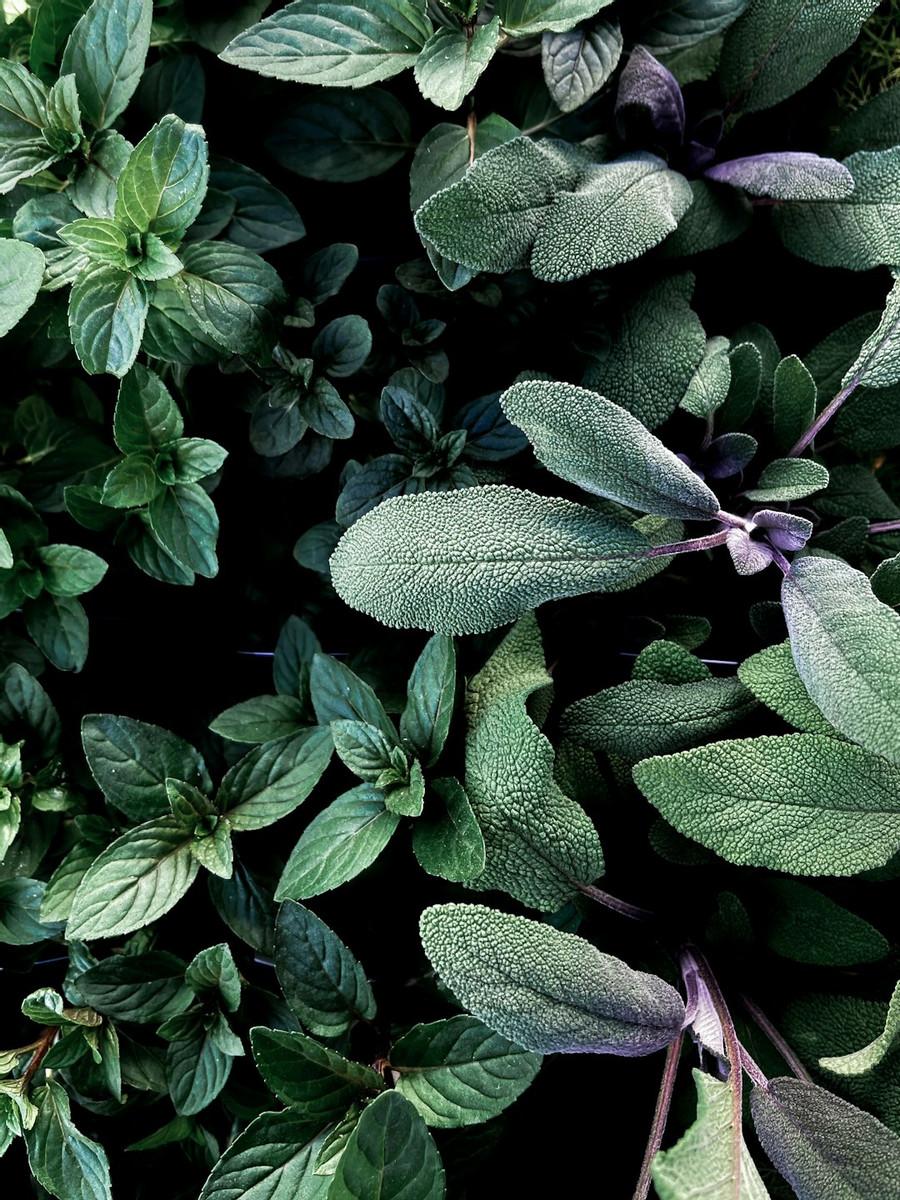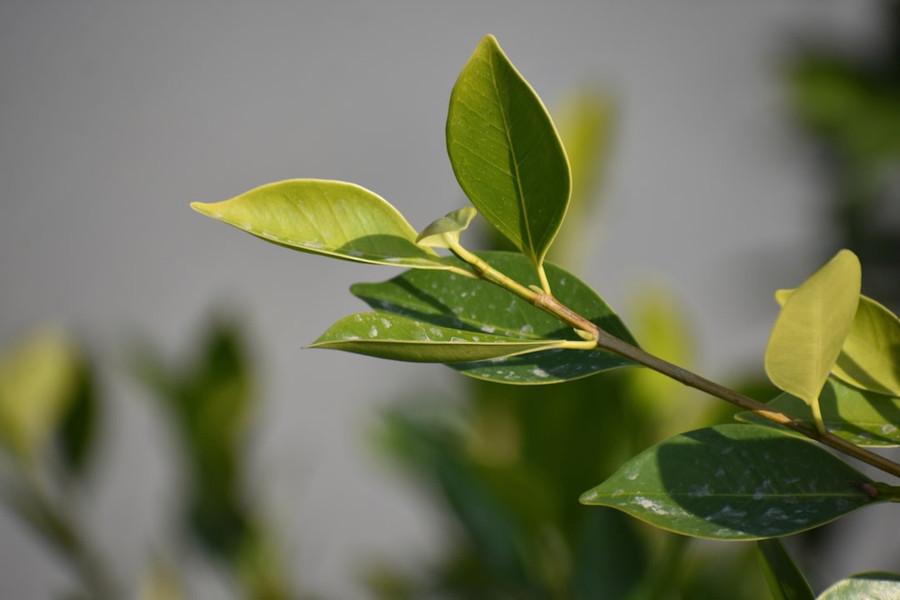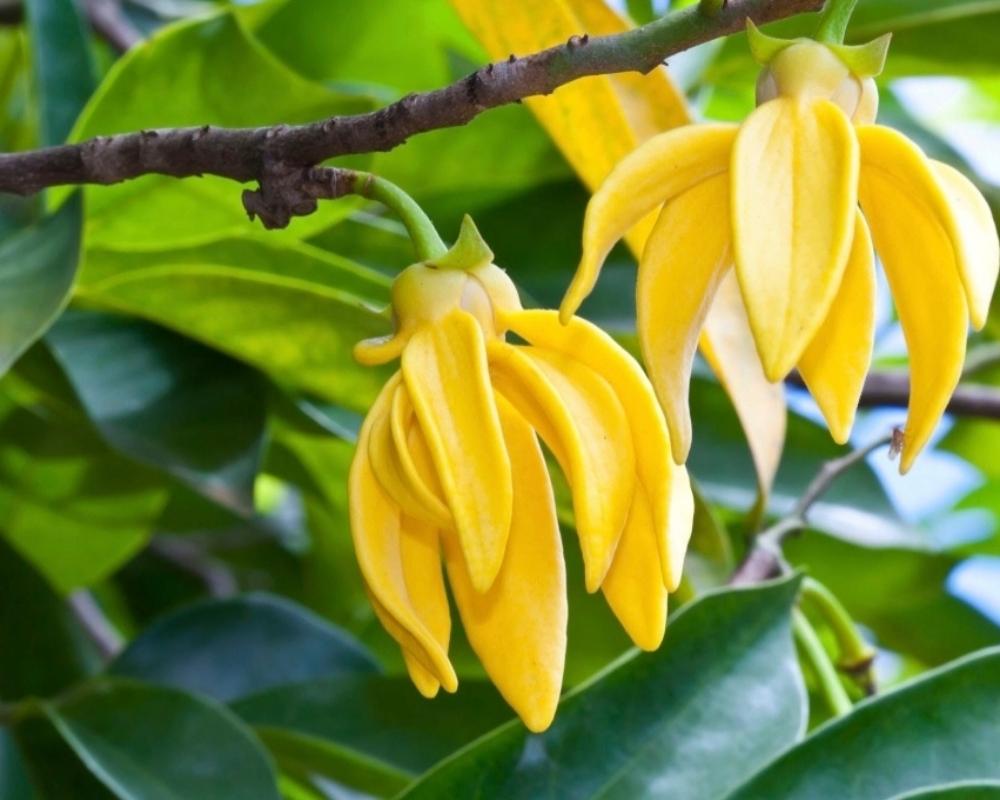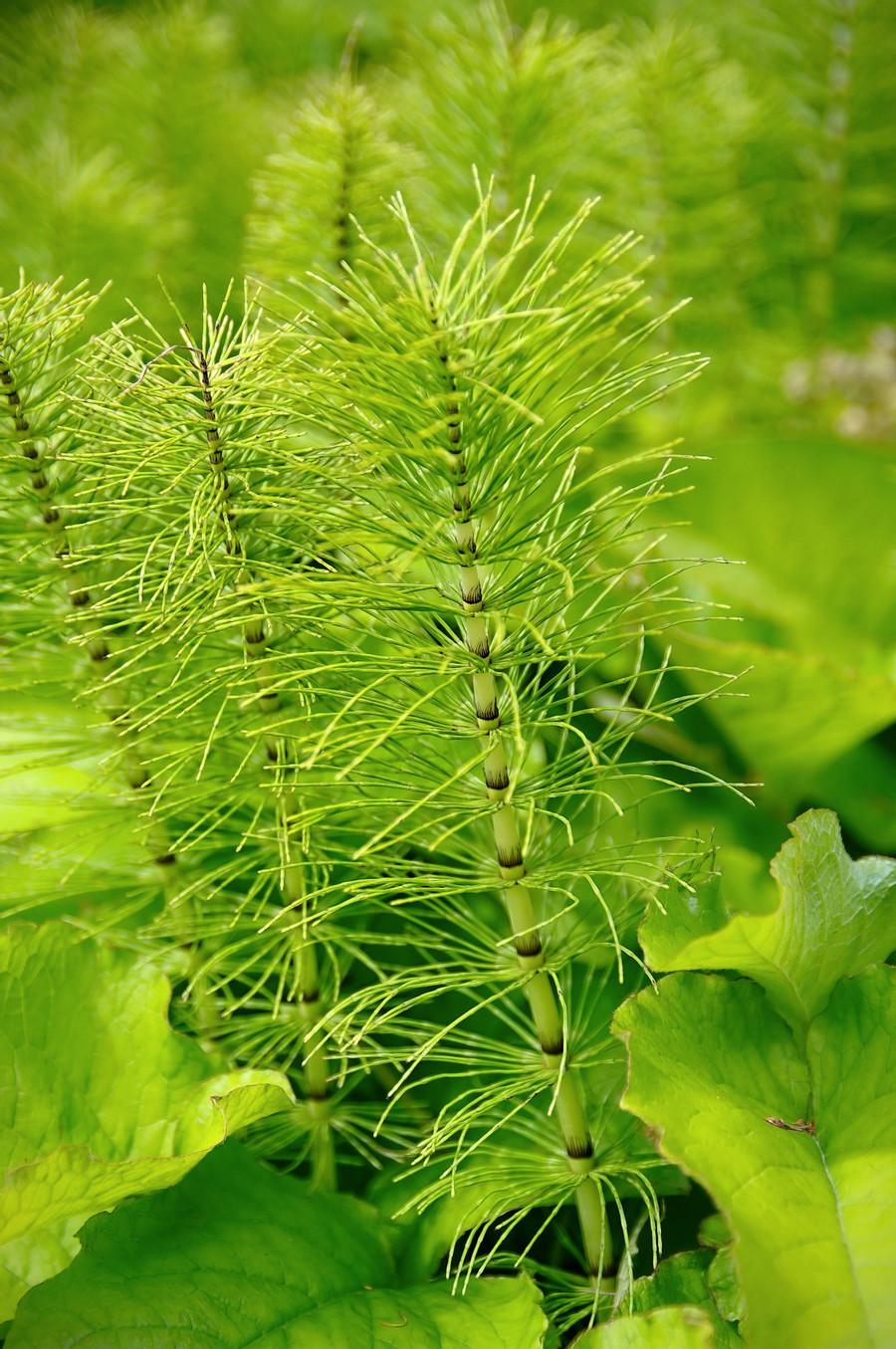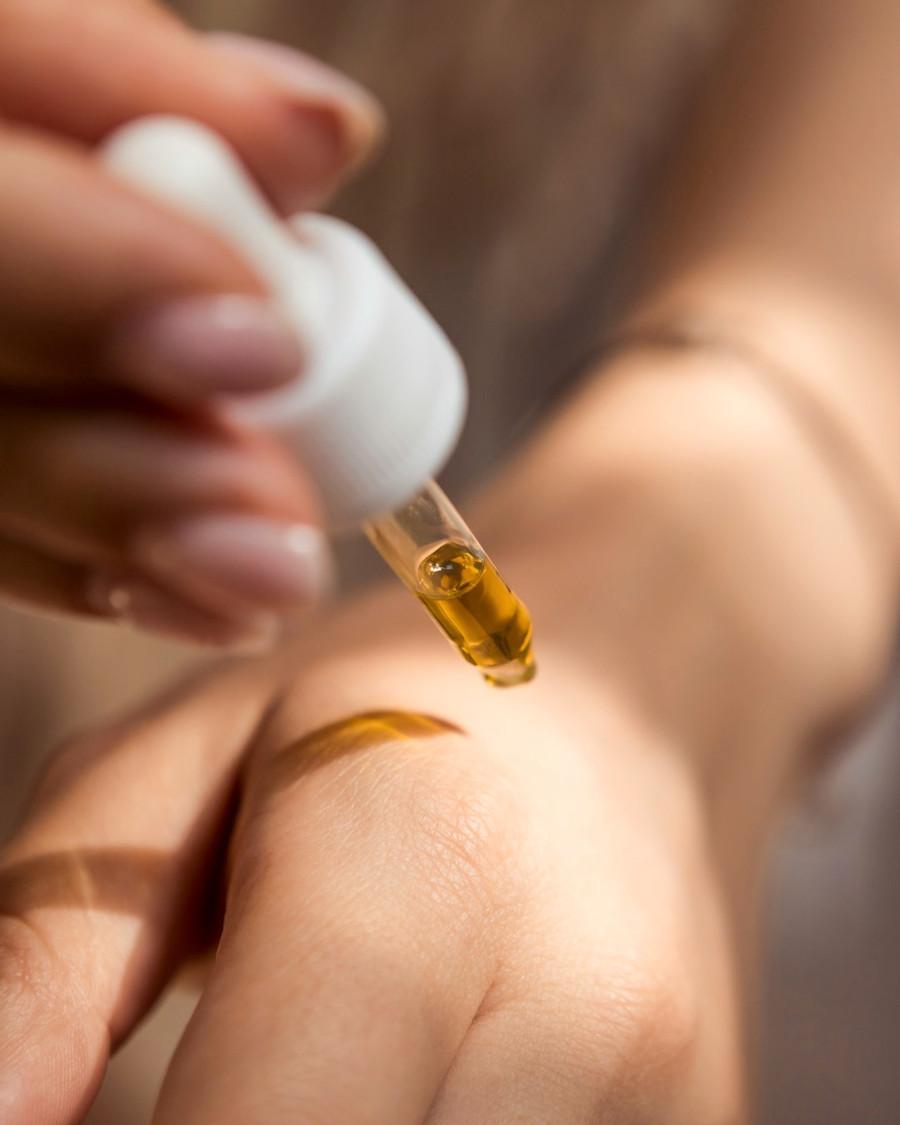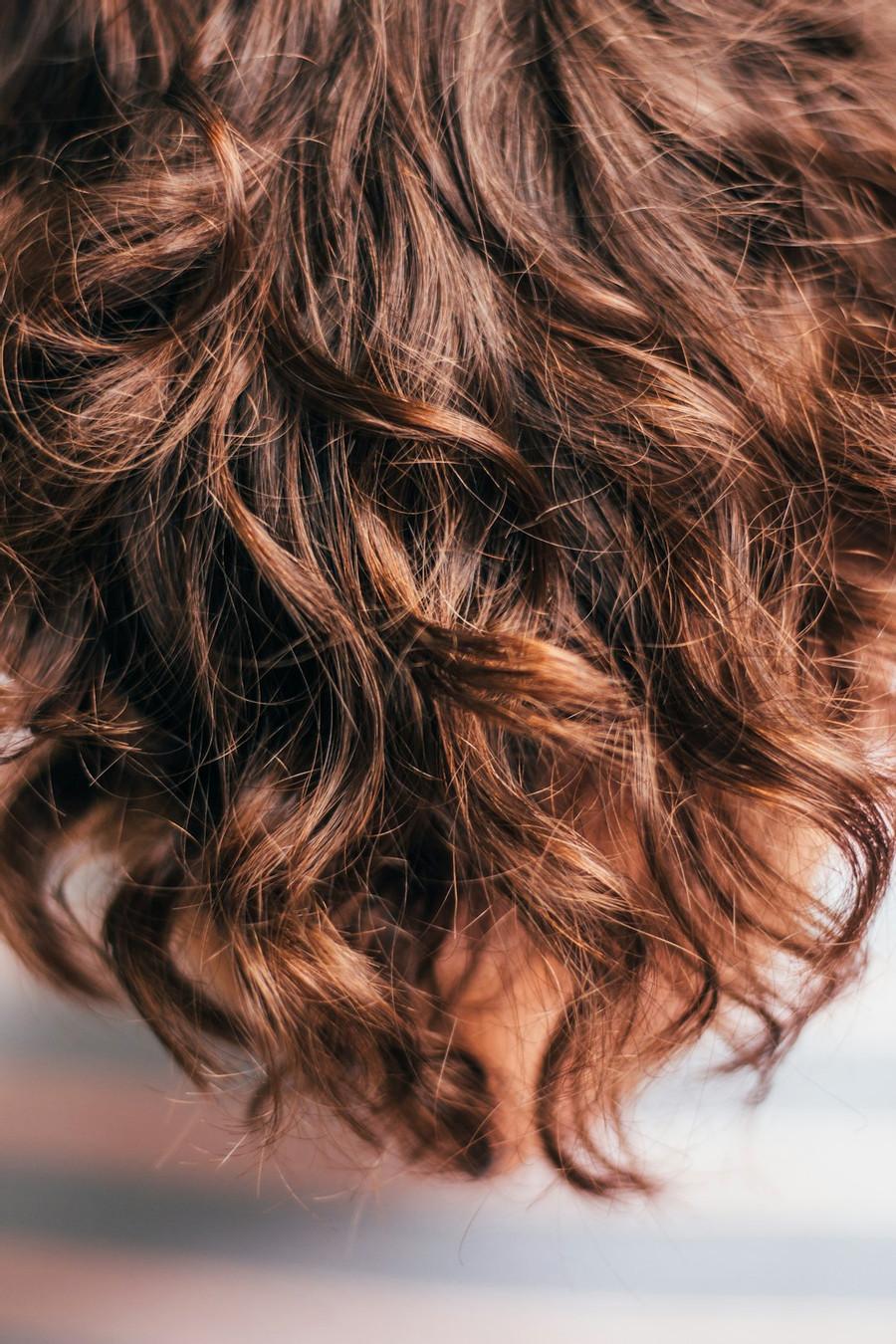Essential Oils for Hair
Curated from: healthline.com
Ideas, facts & insights covering these topics:
28 ideas
·7.17K reads
39
1
Explore the World's Best Ideas
Join today and uncover 100+ curated journeys from 50+ topics. Unlock access to our mobile app with extensive features.
Essential oils are extracted from plants through methods like distillation or evaporation.
While essential oils are most famous for their aromatic capabilities, they also contain strong chemical properties that can be beneficial for health.
Essential oils have long been used in alternative, Eastern, and homeopathic medicines thanks to their effectiveness and low risk of side effects.
45
458 reads
Lavender Essential Oil
Lavender oil can speed up hair growth.
Knowing that lavender oil has properties that can generate the growth of cells and reduce stress, researchers on one animal study found that this oil was able to generate faster hair growth in mice.
It also has antimicrobial and antibacterial properties, which can improve scalp health.
58
435 reads
Peppermint Essential Oil
Peppermint oil can cause a cold, tingling feeling when it increases circulation to the area it’s applied to. This can help promote hair growth during the anagen (or growing) phase.
One study found that peppermint oil, when used on mice, increased the number of follicles, follicle depth, and overall hair growth.
58
400 reads
Rosemary Essential Oil
If you want to improve both hair thickness and hair growth, rosemary oil is a great choice thanks to its ability to improve cellular generation.
According to one study Trusted Source, rosemary oil performed as well as minoxidil, a common hair growth treatment, but with less scalp itching as a side effect.
56
342 reads
Cedarwood Essential Oil
Cedarwood essential oil is thought to promote hair growth and reduce hair loss by balancing the oil-producing glands in the scalp. It also has antifungal and antibacterial properties, which can treat different conditions that may contribute to dandruff or hair loss.
Included in a mixture with lavender and rosemary, cedarwood extract was also found to reduce hair loss in those with alopecia areata.
52
270 reads
Lemongrass Essential Oil
Dandruff can be a common ailment, and having a healthy, flake-free scalp is an important part of hair health.
Lemongrass oil is an effective dandruff treatment, with one 2015 study finding that it significantly reduced dandruff after one week. Lemongrass oil for dandruff is most effective when used daily.
53
213 reads
Thyme Essential Oil
Thyme can help promote hair growth by both stimulating the scalp and actively preventing hair loss. Like cedarwood oil, thyme oil was also found to be helpful in treating alopecia. Thyme is particularly strong, even among essential oils.
47
208 reads
Clary Sage Essential Oil
Clary sage oil contains the same linalyl acetate that helps make lavender oil so effective in increasing hair growth. It can improve hair strength, in addition to increasing hair growth, making hair more difficult to break.
48
193 reads
Tea Tree Essential Oil
Tea tree oil has powerful cleansing, antibacterial, and antimicrobial properties. When used topically, it can help unplug hair follicles and increase hair growth.
Some are highly concentrated essential oils, and other products are mixed in a cream or oil.
A 2013 study even found that a mixture containing tea tree oil and minoxidil was more effective than just the minoxidil alone in improving hair growth, though more studies are needed on using tea tree oil only.
A review in 2015 found tea tree is commonly used in anti-dandruff treatment products.
49
172 reads
Ylang-ylang Essential Oil
While those with oily hair and skin would want to skip this one, ylang-ylang oil is ideal for those with dry scalps, as it can stimulate sebum production.
As lack of enough oil and sebum causes hair to become dry and brittle, ylang-ylang can improve hair texture and reduce hair breakage.
47
164 reads
Horsetail Plant Extract Oil
Horsetail plant oil is an extract oil, not an essential oil. It contains silica, which is thought to improve hair growth speed and strength along with potentially reducing dandruff.
While no studies have evaluated horsetail oil used topically, a 2015 study found that oral tablets containing the oil improved hair growth and strength in women with self-perceived thinning hair.
47
149 reads
Risks and Potential Complications
The biggest risk of essential oils is skin irritation or allergic reactions. This is especially common when an essential oil is applied directly to the skin, so it’s vital to always use a carrier oil to dilute it.
Allergic reactions are also more common in those with sensitive skin or those who have allergies to the essential oil.
46
149 reads
Only older teenagers and adults should use essential oils topically for hair health. If you think essential oils could benefit your child, ask their pediatrician first to make sure it’s safe.
To evaluate for irritation, remember to test a small amount of the mixture on a small patch of skin before full use.
46
162 reads
Conclusion
Essential oils can help you improve the health of your hair with very little risk of side effects at an affordable price point. They’re also easy to use.
For many, mixing some with a carrier oil or your shampoo and applying that to your scalp regularly can increase hair growth, strength, or shine.
46
179 reads
IDEAS CURATED BY
CURATOR'S NOTE
A study on the benefits of essential oils for hair health 🙆♀️
“
Adila Bibi's ideas are part of this journey:
Learn more about habits with this collection
How to overcome fear of rejection
How to embrace vulnerability
Why vulnerability is important for personal growth
Related collections
Similar ideas
4 ideas
What Are Essential Oils, and Do They Work?
healthline.com
6 ideas
Should you wash your hair everyday?
medicalnewstoday.com
6 ideas
This Is The Only Guide To Using Essential Oils You'll Ever Need
womenshealthmag.com
Read & Learn
20x Faster
without
deepstash
with
deepstash
with
deepstash
Personalized microlearning
—
100+ Learning Journeys
—
Access to 200,000+ ideas
—
Access to the mobile app
—
Unlimited idea saving
—
—
Unlimited history
—
—
Unlimited listening to ideas
—
—
Downloading & offline access
—
—
Supercharge your mind with one idea per day
Enter your email and spend 1 minute every day to learn something new.
I agree to receive email updates

